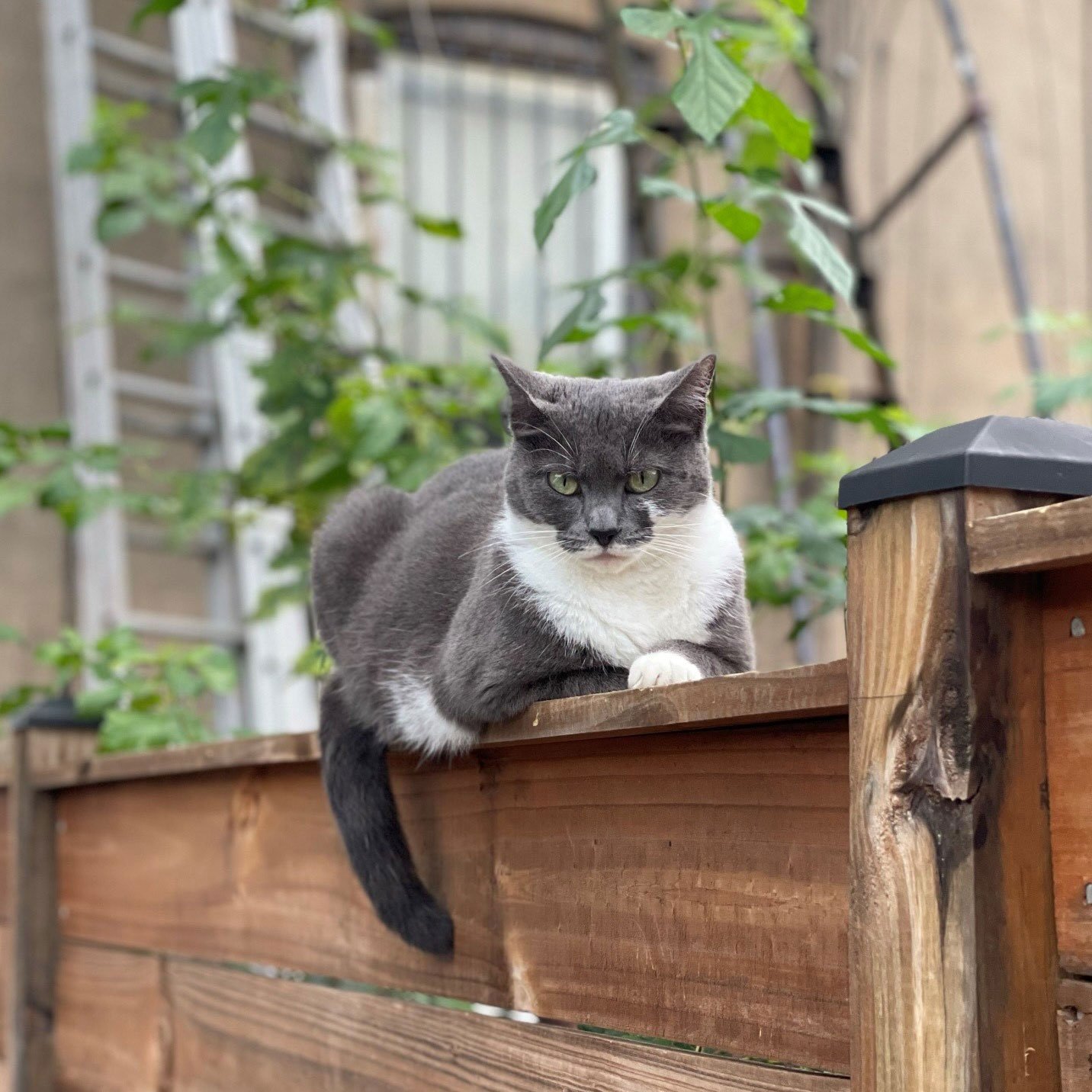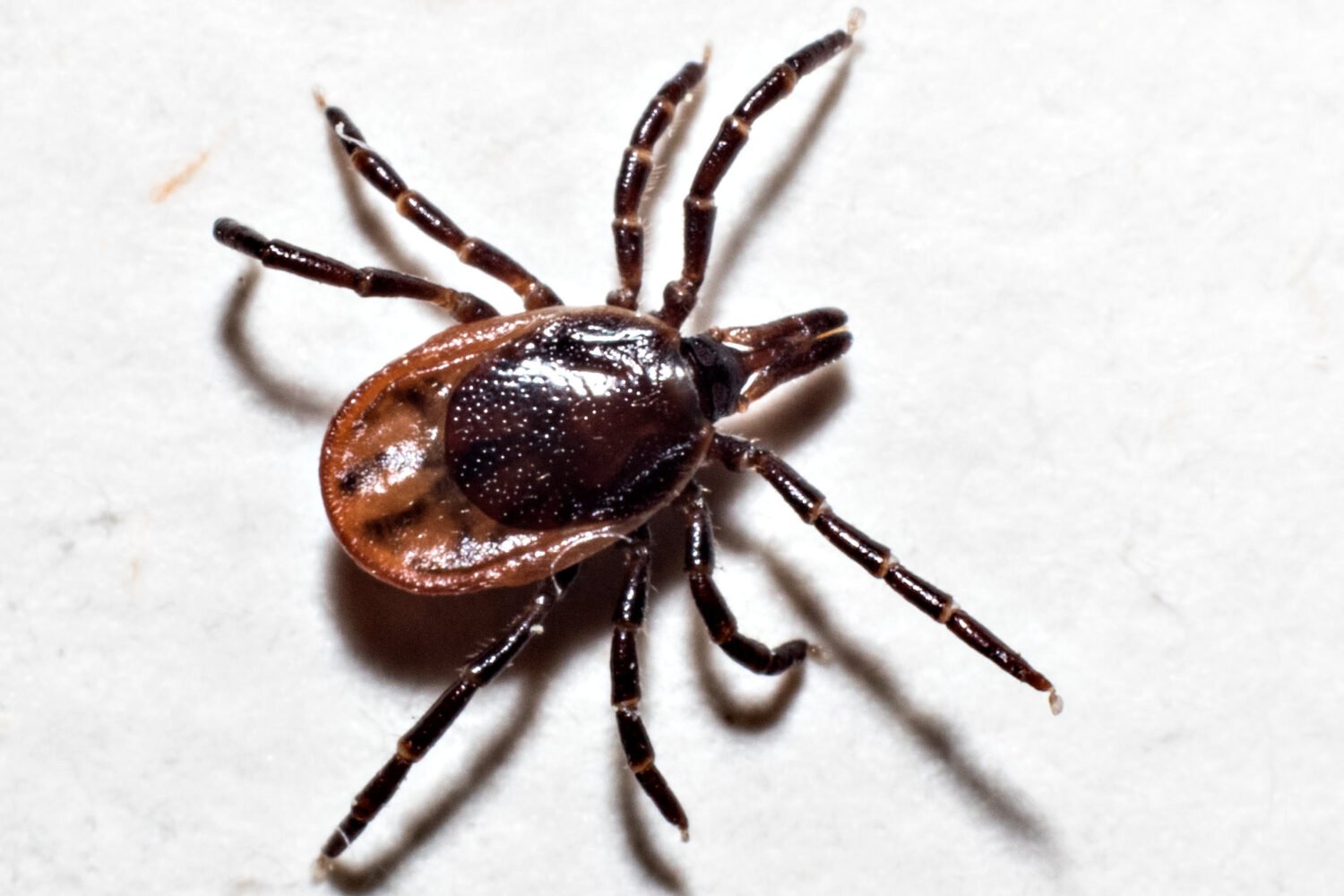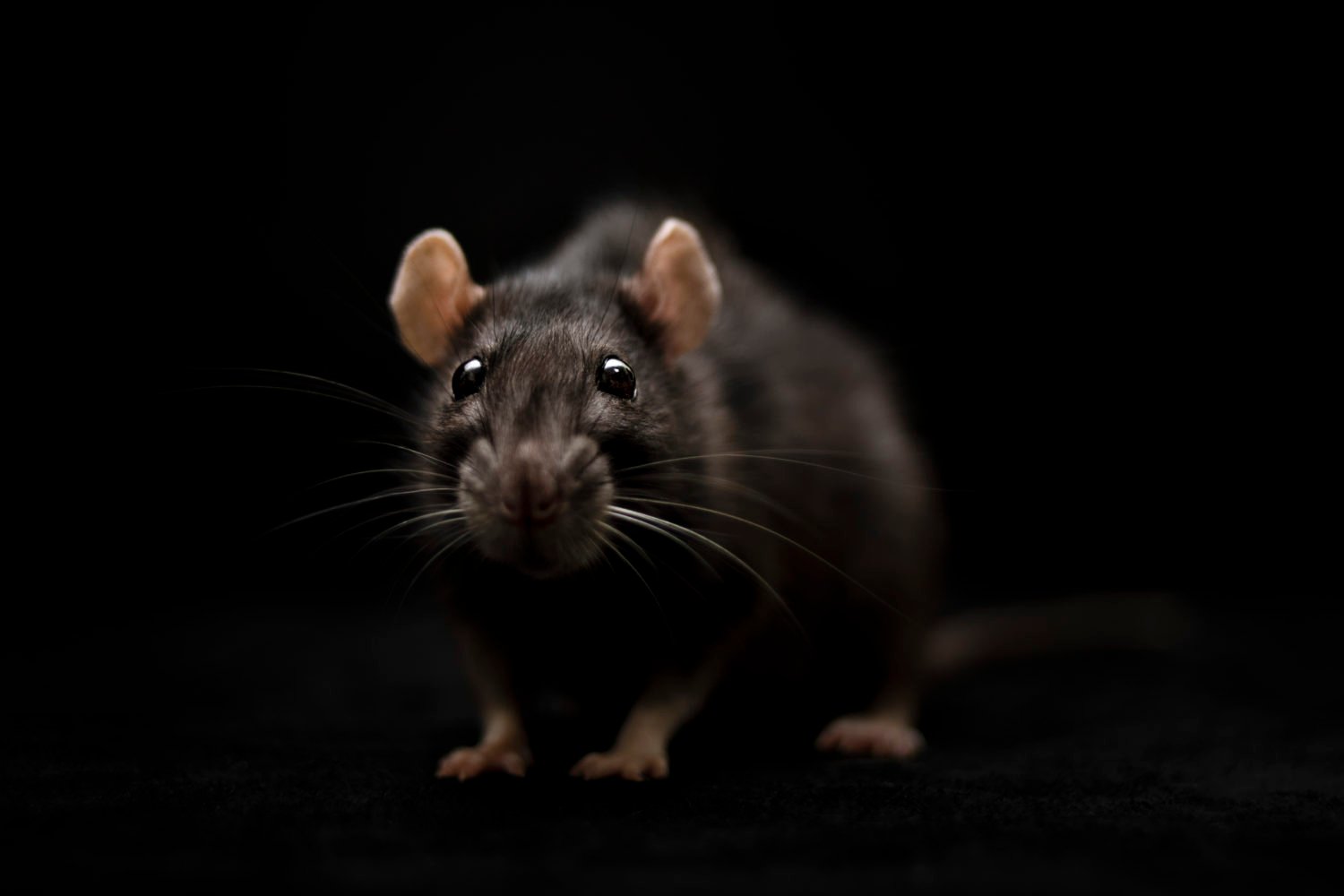Rats are one of the oldest nuisances of urban life, and like many cities across the U.S., DC hasn’t been able to stamp out its thriving rodent population—our nation’s capital is still one of the rattiest cities in the country. While the District has taken steps to address the issue, some DC residents have turned to their own means of pest control.
Rat-hunting dogs, for example, now patrol Georgetown and Adams Morgan to catch and kill rats. But they are not the only four-footed mercenaries out there.
Blue Collar Cats is a Humane Rescue Alliance program founded in 2017 that sends out “community cats”—street cats unaccustomed to people—from their Cat Neighborhood Partnership Program (CatNiPP) to different DC neighborhoods to serve as a “rat patrol.” After an application is accepted—applicants are usually a group of several neighbors—the program delivers the cat to its new location, where it spends four weeks “deep decompressing” in an extra large dog crate with all the essentials.
“The caregivers or adopters visit the cat daily to refresh the food, water, and litter, but they don’t open the crate. That’s the acclimation period,” says Maureen Sosa, director of pet support and adoptions at the Humane Rescue Alliance. “After that, they open the crate door and the cat can come and go as they please. They continue to feed them to keep them coming back, and that’s kind of the time that they learn their area.”
Since its inception, Blue Collar Cats has placed over 400 of these working cats throughout DC, Maryland, and Virginia. “So that’s 400 cats that may have not had a successful life outcome at one of our sister shelters that doesn’t have options for placing these cats,” Sosa says.
But the question remains: Just how effective are these cats against the rat population? And how does using cats to control rats compare to employing rat-hunting dogs?
“[Cats] don’t even really have to always do anything, just their presence a lot of times will drive rodents away,” says Sosa. “I think they’re an effective kind of deterrent. Restaurants and homeowners have used it and had a lot of success.”
Logan Circle resident Jessica Drake, 39, is a fan of the program, citing the benefit of “no longer having a rat jump out of my garage.” She says that after joining the program in December 2019, “we have seen no evidence that they have killed rodents, but we have also seen no evidence of rodents around since.”
The HRA is critical of using rat-hunting dogs, because the dogs kill by shaking the rodents aggressively to break their necks. According to an HRA statement emailed to Washingtonian, “killing rodents this way is extremely inhumane. It is also an ineffective means of management for an entrenched rodent population.”
The dog owners don’t see it that way.
“Cats are usually one and done,” says rat-hunting dog owner Bomani Mtume. “They’re not going to do more than one rat because that’s just how they do [it]. These dogs just keep going and going and going. They’ll put them down and just get ready to get another one. That’s what they were bred for, you know?”
But Bobby Corrigan, an unofficial “rat czar” in New York City with a PhD in urban rodentology, is skeptical of the use of either cats or dogs to control rats. Corrigan does acknowledge that cats in DC aren’t as likely as dogs to just kill rats. “If you ever took on a fully grown rat in DC—and I have—what you realize is that before they die, they are going to fight strongly. They’re very, very agile and very gymnastic.”
He does note that there are “really good papers by really good researchers” that link the presence of cats and cat urine with driving rodents away from certain spots. But even still, he says that there’s a slim chance of cats being truly effective rodent deterrents unless the environment, size of the rat population, and the humans around them are all in the cats’ favor. Translation: In DC, there are a lot more rats than cats.
Corrigan doesn’t think dogs are a viable long-term solution either: “Dogs will always kill some rats. So what? There’s probably 500 more that took off someplace in the sewers.”
The only scientifically proven way to keep rats away, Corrigan says, is by coming together as neighbors to ensure that everyone’s trash is disposed of securely: “It only takes trash from one property to feed an entire colony of rats.”


















